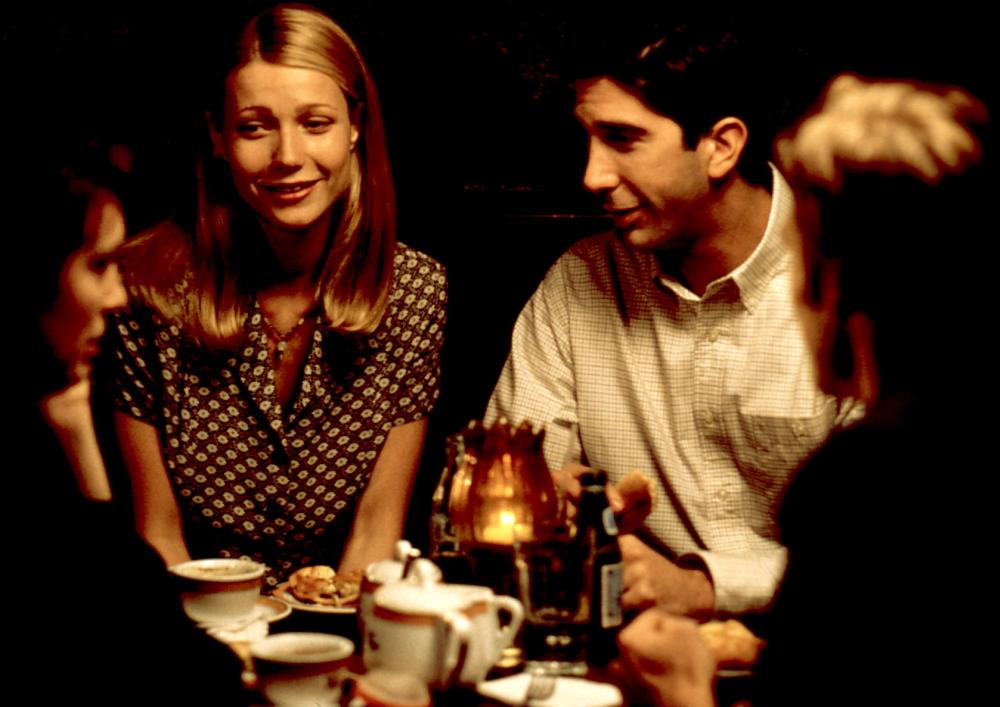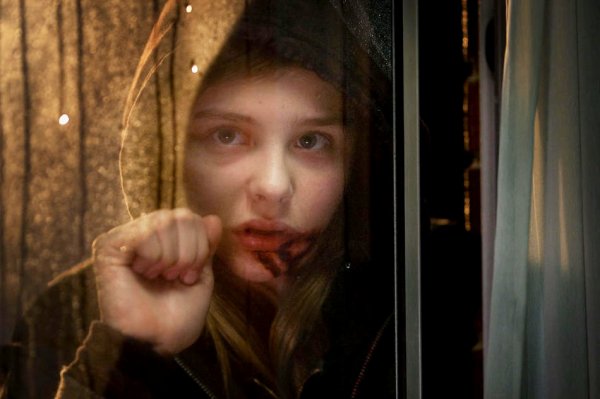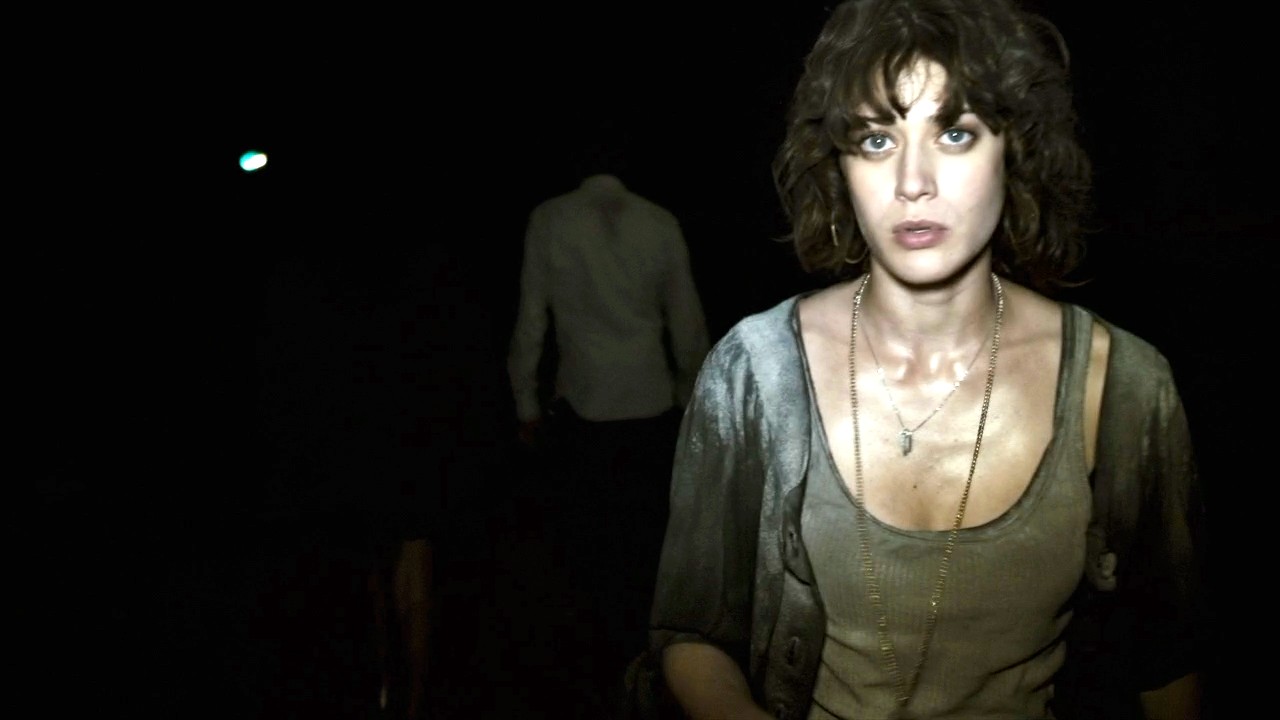
Matt Reeves has been having a lovely 2022. The Batman still made absurd amounts of money at the box office despite theater chains jacking up the prices. It garnered a very strong critical reception and has turned Nolan diehards’ lives upside down as they now proclaim this as the greatest Batman movie ever made. And so, it is only natural to look back at the career of the man who miraculously made Batman fascinating once more and clearly has more awesome stories to tell at the movies.
6. The Pallbearer (1996)

The easy, obvious, correct choice for last place. Chances are pretty good you have not even heard of this movie before seeing it on lists that rank Matt Reeves’ filmography. It is about as stale as a 1990s romcom can get. Clueless, There’s Something About Mary, Pretty Woman, and dozens upon dozens of films do this tried-and-true formula far better.
Reeves injects a tad of originality by making the conceit of the film quite dark, but his failure to keep that darkness present for the rest of the movie disables it from feeling unique. It ends up feeling like another breezy and light romcom just without any of the thoughtful writing and performances that make the best of the genre stand out.
5. Let Me In (2010)

It is not as if Let Me In is Spike Lee’s Oldboy levels of bad. It is not a spineless American remake that upends the legacy of a classic foreign language film. But, similar to something like Nolan’s Insomnia, Let Me In feels hollow in comparison to the original movie it is playing off of. Let Me In has two great child performances. The intensity of the violence and Reeves’s love for sharp imagery gives this movie a more atmospheric feel than the original. And Michael Giacchino unsurprisingly offers up a solid score as always. At the same time, Reeves’s direction can feel painfully obvious.
Let Me In has a much lower respect for viewer IQ than the original, robbing this film of the ambiguity and nuance the original had. Let The Right One In thrived off of a subtlety and calmness that we more frequently associate with foreign language features. Those perks are gone here. Reeves lays out the themes in a far too obvious manner and burdens the film with characters constantly spelling out provocations the viewers already know the film is making.
Let Me In is filled with more dialogue and information about the characters but somehow ends up being more boring and less telling about the children in love than the original. This is a great example of the importance of “show, don’t tell” in a film. This would have benefitted a lot from being a more subtle work but still has a good deal of merit to its name.
4. Cloverfield (2008)

The appeal of Cloverfield is in all honesty more from the brilliant marketing campaign than the movie itself. It is a pretty successful merging of the disaster film with the found-footage horror subgenre, and smartly avoids overstaying its welcome with an approximately 90-minute runtime. It has rightfully gotten a critical reevaluation as of late, as it is most likely the best studio film to comment on a post 9/11 America so directly.
On a first watch it is hard to not be so absorbed in the frantic camera movements and damn good special effects even all these years later. But on repeated viewings, it is much more likely you will be amazed at just how much emotion Cloverfield carries with it. It successfully is able to use the trauma of 9/11 as a touchstone as a way that does not feel exploitative, capturing the fear and uncertainty that took hold of not just a city but an entire nation at the same time.
Reeves’s next three films trump this one because of how they feel more like fully-fledged stories with characters we can relate to and love, and less like expressionistic pieces of art made with large budgets. But attempting to make this into a less artsy place, and more traditional like Let Me In, would rob it of its power. It is great just the way it is, despite first person perspective always making it a janky experience that never quite feels as organic as his other works.